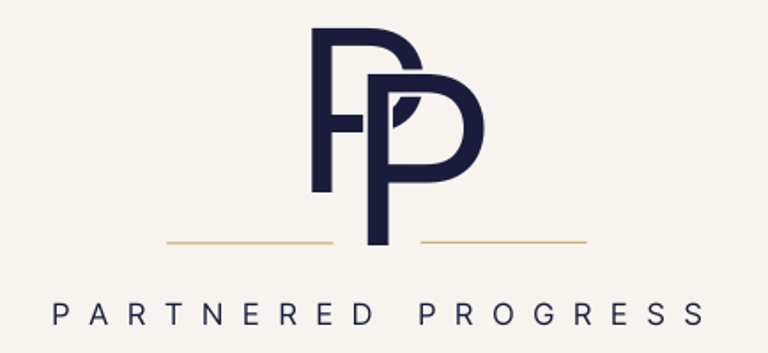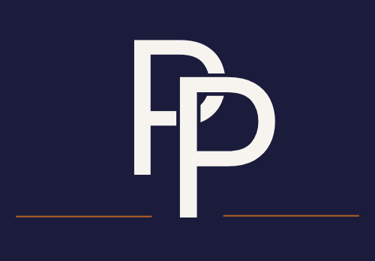The Lost Art of Thinking About Roles
What happens when a quick task turns out to be a governance decision in disguise? Exploring what breaks when organisations stop thinking about roles, and why operational clarity depends on understanding who actually owns the work.
PEOPLEPROCESS
Rachel Jenkins
10/25/20254 min read


I was off sick on a Tuesday. I was starting to feel a bit more functional and knew I’d be back the next day, so I logged in to catch up. Just a quick scan of Teams notifications, a glance at my inbox...nothing dramatic. Until I opened an update from Paul, a Product Manager I’d been working with for a couple of months.
Paul was providing an update on a new working group. Standard stuff. Progress notes. Next steps. And then, buried in the middle of his message like a grenade dipped in glitter, was this:
"Create a comms channel to ensure when an issue happens everyone is aware — Sue to create the channel after reaching out to get contacts from everyone."
No ask. No context. No thought.
Just a task. About a working group Sue had no involvement in.
Now, I know what you're thinking. It's just a comms channel. How hard can it be?
And that's precisely the problem.
When "Simple" Tasks Aren't Simple
On the surface, Paul's request looked like admin. Set up a channel. Get some names. Job done.
But if you pause for even a moment and actually think about roles, the whole thing unravels.
First layer: Sue is being asked to define who "everyone" is. That means she needs to get a list of names from someone, who will then give her a list of names from other people, so she can set up a channel. Never mind that she's not close to the detail. Never mind that this approach will almost certainly result in the wrong list of names.
Second layer: The owner of a comms channel is typically the person who sits in the detail. They do the updates. They answer questions. They triage. For someone not in the workstream — someone who wasn't even at the table when the working group was formed — how is that meant to work exactly?
Third layer: What this action is actually doing is defining part of a RACI for the workstream. Specifically, the "I" — who gets Informed. Which is great, except that's not an admin task. That's a governance step. A planning step. A difficult step, even for someone close to the work. And what about the first three letters of that RACI? Who's Responsible? Accountable? Consulted?
Suddenly, this "quick ask" is asking Sue to do strategic thinking for a group she's not part of, about a process she hasn't seen, for people she doesn't know.
And Paul didn't stop to think about any of it.
The Pattern Behind the Problem
Here's the thing: Paul isn't a fool. He's actually quite good at his job from a product stewardship point of view. I've seen enough to know he understands the work. But somewhere along the line, he (like so many smart, well-meaning people in organisations) has stopped thinking about roles.
Not in the HR sense. Not in the "job title on LinkedIn" sense.
In the who owns what, who's close to the detail, who has context, who has capacity sense.
And when you stop thinking about roles, a few things happen:
Tasks get mistaken for responsibilities. Setting up a channel feels like a thing anyone can do, so it gets lobbed at whoever's nearby. But the ownership of that channel — the ongoing care, the context, the authority to make decisions about it — that's invisible. So it doesn't get considered.
Governance gets disguised as admin. Defining who needs to be informed sounds operational. But it's actually strategic. It's about boundaries, accountability, and flow of information. When it's treated as a box-ticking exercise, the structure underneath stays murky.
Responsibility bleeds. Without clear roles, asks become tells. Tells become assumptions. And suddenly, people are carrying work they don't own, don't have context for, and can't do well — because no one stopped to think about whether this was actually their work to carry.
The Silence That Followed
I replied. I was blunt...more blunt than usual, thanks to the sickness fog still clinging to me. But I explained my thinking. I walked through the three layers. I pointed out that this wasn't just about me being difficult; it was about a pattern I'd been seeing for weeks.
Ten days later: nothing. Not a single reply. Not from Paul. Not from his boss. Not from anyone in that group of about fifteen people.
Tumbleweed.
Now, I don't expect an essay back. But some sort of acknowledgment? A "thanks for raising this" or "let's talk about it"? Apparently not.
And here's what that silence reveals: the problem isn't just that people don't think about roles. It's that when someone points out the gap, there's no muscle for engaging with it. No practice in pausing. No reflex for saying, "You're right, we missed that."
Just motion. Just moving on to the next thing.
The Cost of Not Thinking
When organisations don't think about roles, they don't just create confusion. They create friction. They slow down the very people who are trying to move things forward. They burn goodwill. They make capable people feel like dogsbodies.
And they miss the chance to build something clearer.
Because here's the truth: thinking about roles isn't bureaucracy. It's not about creating rigid hierarchies or slowing things down. It's about designing clarity so that gaps doesn't appear and so work can flow without constant correction, without responsibility leaking, without smart people making thoughtless asks.
It's about asking: Who is actually closest to this? Who has the context to own it well? Who has the capacity? And if the answer is "no one" — that's not a dead end. That's a signal. It means the structure isn't ready yet, or the work doesn't belong where you think it does.
That's not admin. That's operational integrity.


